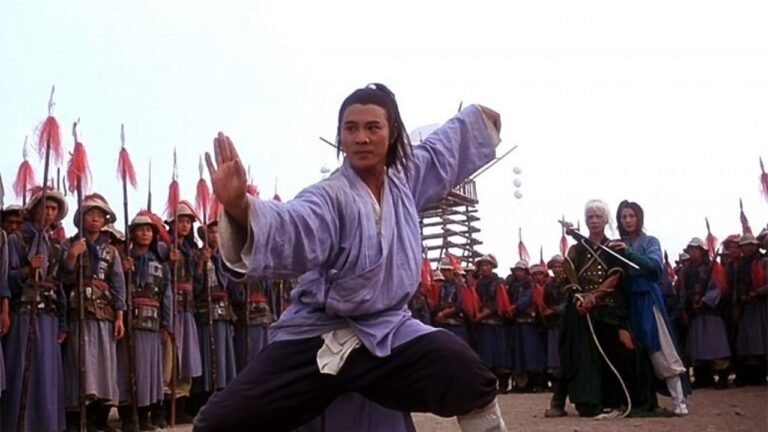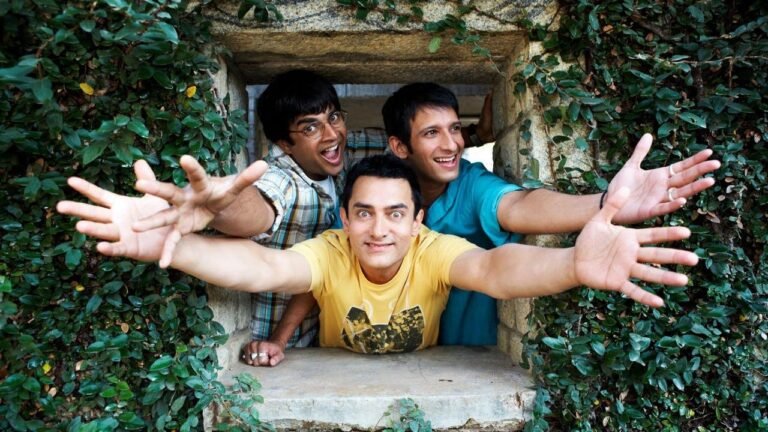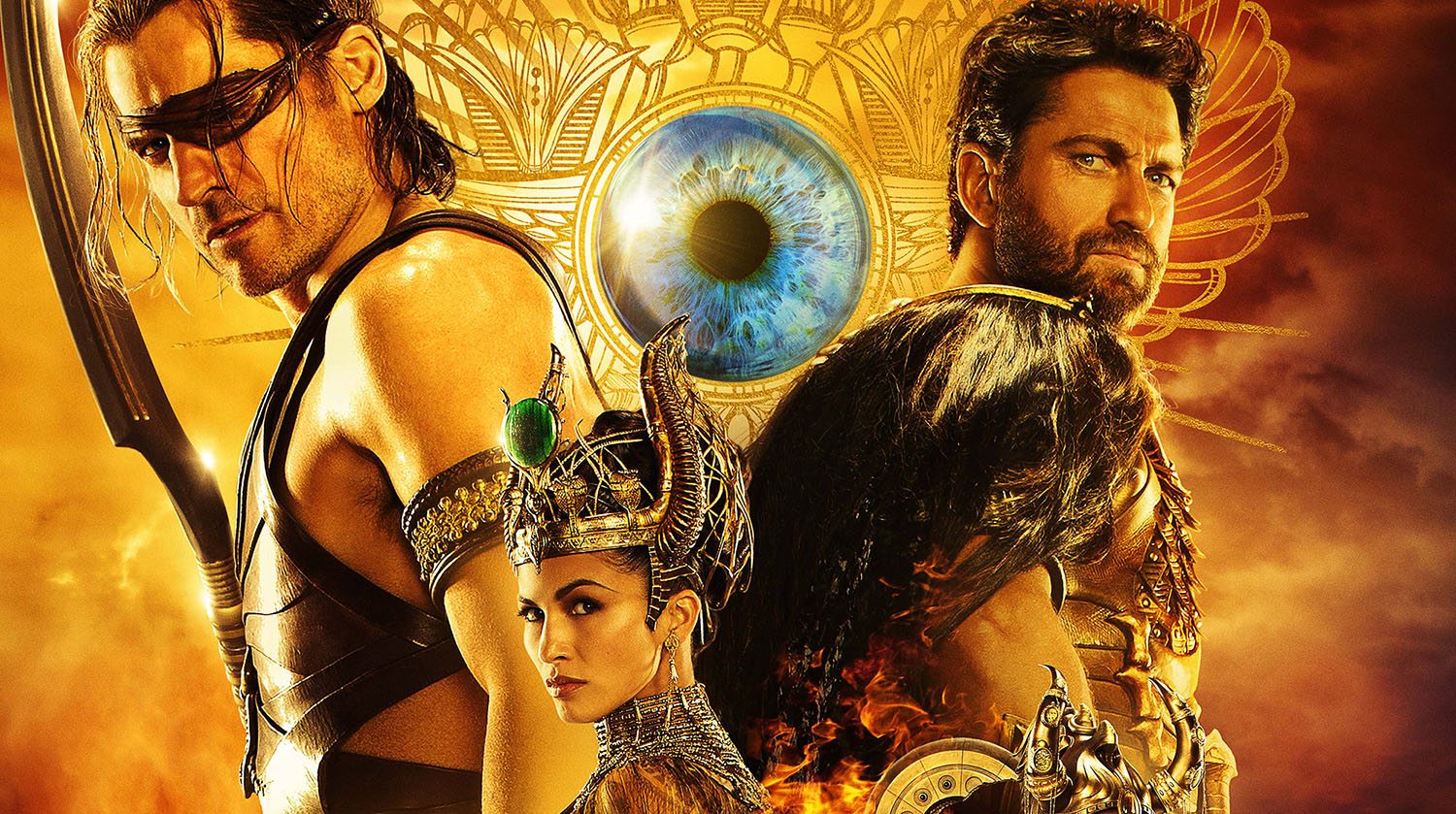
When “Gods of Egypt” was released in 2016, expectations were high for a visually spectacular, action-packed fantasy adventure set in the rich and mythical world of ancient Egypt. Directed by Alex Proyas and starring prominent actors such as Gerard Butler, Nikolaj Coster-Waldau, and Brenton Thwaites, the film promised immense thrills but ended up being one of the biggest flops of the year. Here’s a detailed look at why “Gods of Egypt” failed so spectacularly at the box office and among critics.
One of the most glaring issues with “Gods of Egypt” was its casting. Given the film’s setting in ancient Egypt, audiences expected a cast reflective of the region’s ethnic diversity and cultural heritage. Instead, much of the main cast consisted of white actors. Gerard Butler, a Scotsman, was cast as Set, the god of darkness, and Nikolaj Coster-Waldau, a Danish actor, played Horus, the god of the sky.
This whitewashing sparked significant backlash, leading to an apology from the director and the studio even before the film’s release. This controversy alienated many potential viewers who felt that the film failed to authentically represent its setting, contributing to its poor performance right from the outset.

Another significant flaw was the film’s script. “Gods of Egypt” tried to weave a complex tale of gods, mortals, and mythology but ended up with a convoluted and often nonsensical plot. The story follows a mortal hero named Bek (Brenton Thwaites) who teams up with the god Horus to rescue his love, Zaya, and save the world from Set.
The narrative was filled with clichés, lacked depth, and failed to engage the audience emotionally. Motivations were often unclear, and character development was minimal. Without a compelling story, viewers found it difficult to invest in the fate of the characters or the unfolding drama, making the film feel shallow and uninspired.
While “Gods of Egypt” was marketed as a visually stunning spectacle, the overreliance on CGI (Computer Generated Imagery) turned out to be a double-edged sword. The film’s extensive use of CGI created a world that felt artificial and disconnected. Instead of enhancing the story, the special effects often came off as overdone and unimpressive.
Critics noted that the CGI lacked polish and coherence, making the action scenes look chaotic rather than thrilling. The extravagant visuals overshadowed the narrative, instead of complementing it, leaving audiences overwhelmed by the bombardment of effects rather than immersed in the world of ancient Egypt.
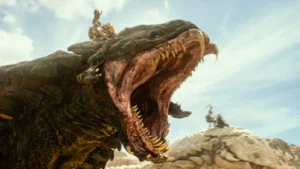
Director Alex Proyas, known for his work on films like “The Crow” and “I, Robot,” could not salvage “Gods of Egypt” with his direction. The film struggled with pacing issues, often dragging through its two-hour runtime. Proyas’ vision seemed to be lost in an unsuccessful attempt to blend epic fantasy with traditional mythology.
The direction failed to bring out strong performances from the cast, many of whom seemed miscast or uninterested. Gerard Butler’s portrayal of Set came off as an over-the-top villain without depth, and Brenton Thwaites as Bek lacked the charisma needed for a lead role. Without strong character portrayals or clear direction, essential scenes fell flat and emotional moments lacked impact.
The marketing for “Gods of Egypt” did little to redeem the film’s reputation or draw in viewers. The promotional materials highlighted the film’s visual effects but did not convincingly showcase the story or characters. As a result, potential movie-goers who were on the fence felt no compelling reason to see the film in theaters.
Additionally, the timing of the release played a part in its failure. Released in February, a month often reserved for less-anticipated films, “Gods of Egypt” faced stiff competition from other movies that better captured audience interest. The lack of positive buzz and the controversial casting decision further hampered its ability to attract a significant viewership.
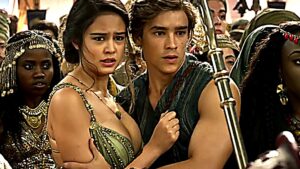
With a budget of approximately $140 million, “Gods of Egypt” managed to gross only around $150 million worldwide, barely covering its production costs and falling short when marketing and distribution expenses were taken into account. This financial performance classified it as a flop, failing to break even or generate profit.
Critics were particularly harsh on “Gods of Egypt,” resulting in a dismal 16% approval rating on Rotten Tomatoes, indicating overwhelmingly negative reviews. Common criticisms pointed to its weak script, underwhelming performances, and overreliance on visual effects. Audience scores also reflected disappointment, with viewers echoing concerns over the casting and overall execution.
“Gods of Egypt” is a textbook example of how poor casting choices, weak storytelling, overused CGI, and lackluster direction can contribute to the downfall of a big-budget film. The mishandling of its rich source material and cultural insensitivity alienated its potential audience from the start, and the final product failed to deliver an engaging or visually cohesive experience.
In the end, “Gods of Egypt” serves as a reminder that even the grandest visual effects cannot save a film that lacks authenticity, depth, and compelling storytelling. It’s a huge disappointment that promised much but delivered little, making it a regrettable chapter in the annals of fantasy cinema.


